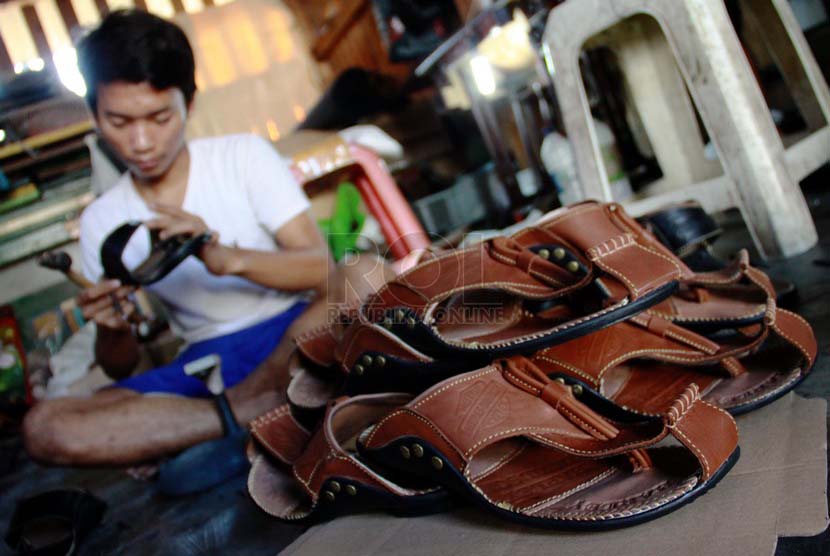REPUBLIKA.CO.ID, JAKARTA -- Young Indonesian entrepreneurs are being challenged to participate in the ASEAN Economic Community (AEC) and to take advantage of its free market momentum, according to the Junior World Entrepreneurship Forum (JWEF).
JWEF Chapter Indonesia said in a press statement here on Saturday that one of the ways to prepare young entrepreneurs is to provide them with seminars, talk-shows and workshops so they will be able to learn more about international opportunities.
"One of the activities of the JWEF Chapter Indonesia is holding a seminar, talk-show and workshops on 'Moving Forward to Global Entrepreneurship' for two days in Bandung, West Java, on Saturday and Sunday, Oct 11-12," JWEFH Chapter Indonesia chairman Hafiz Hudani said in his press statement.
Further, WWEF Chapter Indonesia Adviser Wawan Dhewanto said his organization was expected to serve as a forum for young entrepreneurial communities that are able to contribute to creating entrepreneurship skills for Indonesians seeking to participate in the free trade era.
Therefore, he hoped young Indonesian entrepreneurs would be able to form a network with their counterparts in various parts of the world.
In the meantime, entrepreneurs in Surabaya have been exempted from paying fees to register patents with the local Trade and Industry Office.
"By exempting them from patent registration fees, we hope that people from outside Surabaya will not be able to lay a claim to our products," Head of the Surabaya Trade and Industry Office Widodo Suryantoro said recently.
He added that the city government has set a target for registering 400 patents this year, further noting that the office had received 180 applications for patent registration.
According to the guidelines specified, it is mandatory for applicants to carry identity cards, logo designs and brands of the products they want to register with the Industry and Trade Office.
"They can register the patents with the trade office directly and then await approval from the Law and Human Rights Ministry. The ministry verifies their qualifications and decides whether to approve their applications. For instance, if any logo or brand is found to be the same as that of another entrepreneur, the application is not approved. If they are not trademarked, they will be registered with the office soon," Suryantoro noted.


